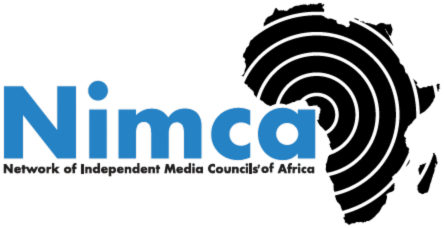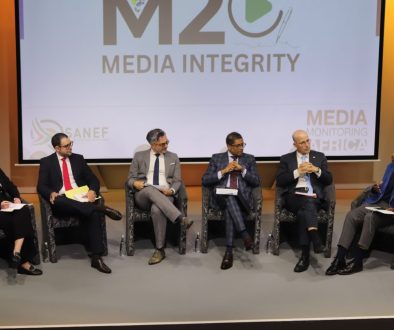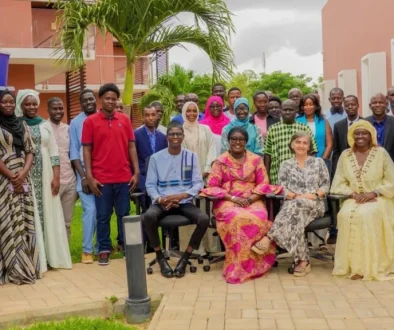Posts on Somaliland current affairs on Facebook under examination
![]() When people have exhausted Meta’s appeals process on Facebook, Instagram or Threads, they can challenge the company’s decision on a piece of content by appealing to the Oversight Board. Meta can also refer cases to us.
When people have exhausted Meta’s appeals process on Facebook, Instagram or Threads, they can challenge the company’s decision on a piece of content by appealing to the Oversight Board. Meta can also refer cases to us.
Once we have selected a case, our Board Members examine whether Meta’s decision to remove or leave up content was in line with its policies, values and human rights commitments.
While we refer to Meta’s content policies and values as we consider cases, we sometimes question those policies when we believe they do not comply with Meta’s own commitment to protecting freedom of expression and other human rights.
Today, the Board is announcing a new case for consideration. As part of this, we invite people and organisations to submit public comments.
Case selection
As we cannot hear every appeal, the Board prioritises cases that have the potential to affect lots of users around the world, are of critical importance to public discourse or raise important questions about Meta’s policies.
The case we are announcing today is:
Reporting on Somaliland Current Affairs
A user appeal to restore content
To read this announcement in Somali, click here.
Si aad u akhrido ogeysiiskan af Soomaali, guji halkan.
In January 2025, four posts in Somali were published on a Facebook page, discussing Somaliland politics. Somaliland self-declared its independence from Somalia in 1991. No country has recognised its statehood.
The Facebook page describes itself as belonging to freelance journalism and has about 90 000 followers. It is not part of Meta’s cross-check programme to prevent enforcement errors, that also includes additional levels of review for certain entities, including journalistic and civic entities.
The four posts describe and discuss recent socio-political events concerning Somaliland.
Two of the posts are about Somaliland President Abdirahman Mohamed Abdillahi’s recent foreign policy engagements. The posts include photos of a foreign trip with captions stating that media coverage was prohibited
Two other posts relate to a public, official ceremony in Somaliland and a political conference, with descriptive captions.
Two users reported the page under Dangerous Organisations and Individuals and Hateful Conduct policies, and it was enqueued for a review. When a page is enqueued for review, Meta evaluates key elements of the page, such its name, bio details and cover photo, and its posts.
A human reviewer found the page violated the Hateful Conduct policy and it was ‘unpublished’ (a measure similar to account deactivation). None of the four posts were reported, but each was removed for individually violating the Hateful Conduct policy.
After the Board selected the cases, the company reviewed its initial decision to unpublish this page and also determined that it incorrectly removed all four posts. Consequently, Meta restored all posts, re-published the page and reversed the strike against the posting user’s account and page.
In their appeal to the Board, the posting user stated that their intention was to share information, not to attack or discriminate against any individual or group and that their posts did not violate the Hateful Conduct policy
The Board selected these enforcement errors to examine the impacts of Meta’s moderation on media freedom in the Horn of Africa, in the context of its approach to the governance of pages.
These cases fall within the Board’s Elections and Civic Space priority.
The Board would appreciate public comments that address:
- media freedom and safety of journalists in Somaliland, the role of social media and the situation for freedom of expression
- challenges in preventing wrongful enforcement against journalistic content, pages and accounts, especially in non-English speaking regions where freedom of expression is heavily restricted, and
- good practices for ensuring access to adequate remedies for journalists and media organisations locked out of pages or accounts as a result of wrongful enforcement
In its decisions, the Board can issue policy recommendations to Meta. While recommendations are not binding, Meta must respond to them within 60 days. As such, the Board welcomes public comments proposing recommendations that are relevant to these cases.
Public comments
If you or your organisation feel you can contribute valuable perspectives that can help with reaching a decision on the cases announced today, you can submit your contributions here.
Please note that public comments can be provided anonymously.
The public comment window closes at 23.59 Pacific Standard Time (PST) on Tuesday 15 July 2025.
PICTURE: Awet Amine/Pexels
This announcement was first published here



